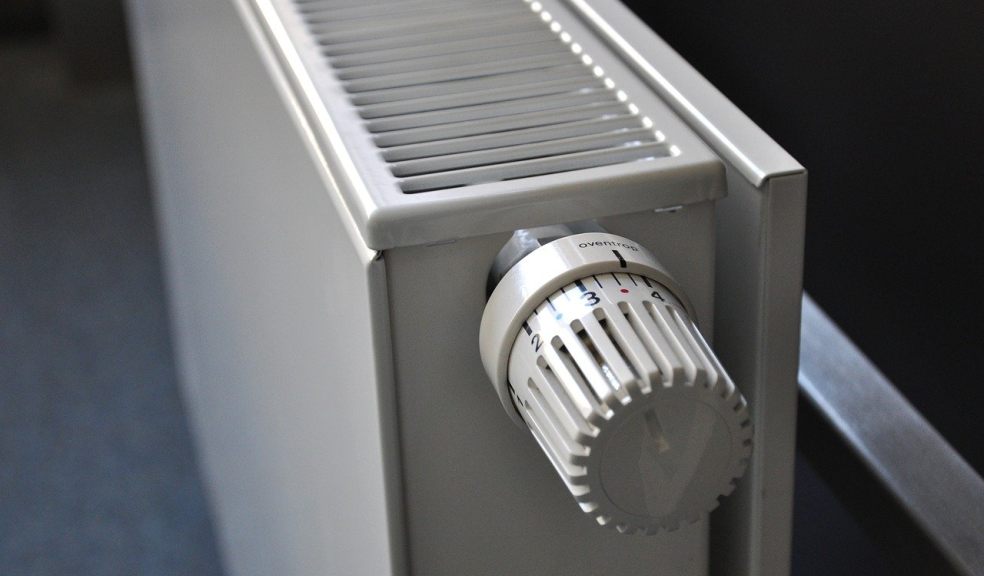
The Essential Guide to Heating Oil Tanks: Installation, Maintenance and Safety
As winter sets in, the reliability of heating oil tanks becomes essential for keeping some homes warm and comfortable. From installation to regular maintenance and safety protocols, understanding the ins and outs of heating oil tanks is crucial for homeowners. This comprehensive guide aims to provide indispensable insights into the installation, maintenance and safety aspects of heating oil tanks.
Installation Process
Installing a heating oil tank requires careful planning and adherence to regulations. The location of the tank, whether above-ground or underground, must comply with local building codes and environmental regulations. Moreover, the tank's capacity should be suitable for the household's heating requirements. Hiring a qualified professional for installation ensures compliance with safety standards and proper positioning of the tank.
Regular Maintenance Routine
Implementing routine maintenance practices is crucial for extending the lifespan and maximising the efficiency of heating oil tanks. Regular inspections are imperative to detect any signs of corrosion, leaks or damage promptly. Essential components like filters, valves and gauges require frequent inspection, cleaning and potential replacement to avert malfunctions. Keeping a detailed record of maintenance activities is essential as it allows for tracking the tank's condition over time and facilitates the scheduling of future servicing. By prioritising proactive maintenance measures, the overall reliability and longevity of the heating oil tank can be significantly enhanced.
Safety Precautions
Safety should always be prioritised when dealing with heating oil tanks to mitigate potential risks. Adequate ventilation is essential to prevent any buildup of fumes and reduce the risk of fire or explosion. Installing bunded tanks from a company like quicktanks.co.uk, which have a secondary containment layer, provides extra protection against leaks and spills. It's also crucial to have emergency shut-off valves and spill containment kits readily available in case of accidents.
Environmental Considerations
Minimising the environmental impact of heating oil tanks requires responsible handling and disposal practices. Any spills or leaks should be promptly addressed to prevent contamination of soil and water sources. Regular maintenance helps detect and rectify potential environmental hazards before they escalate. Additionally, homeowners can explore eco-friendly alternatives or upgrades, such as biofuels or energy-efficient heating systems, to reduce their carbon footprint.
Emergency Preparedness
Preparing for emergencies is paramount for effectively managing unexpected situations. Establishing a comprehensive emergency plan is crucial, detailing procedures for various scenarios like leaks, spills or equipment failures, thereby facilitating a swift and coordinated response. Furthermore, educating household members about safety protocols and emergency contacts plays a pivotal role in enhancing preparedness. By familiarising everyone with proper procedures and ensuring access to necessary contacts, the impact of unforeseen incidents can be minimized, ensuring a safer environment for all.
Conclusion
Heating oil tanks are indispensable for providing warmth and comfort to homes, but their proper installation, maintenance and safety precautions are paramount. By following the guidelines, homeowners can ensure the efficient and safe operation of their heating oil tanks throughout the year. From meticulous installation to regular maintenance routines, prioritising safety and environmental responsibility contributes to a secure and sustainable heating solution for UK households.













